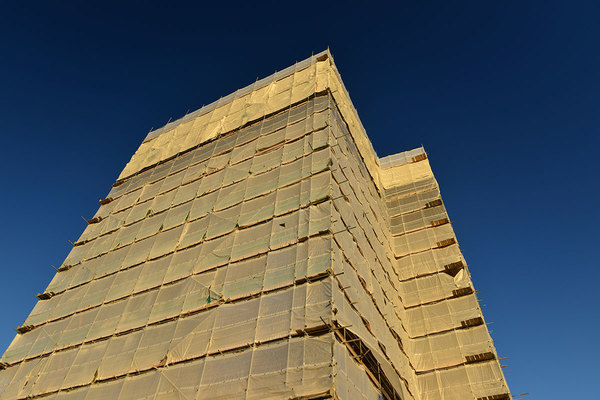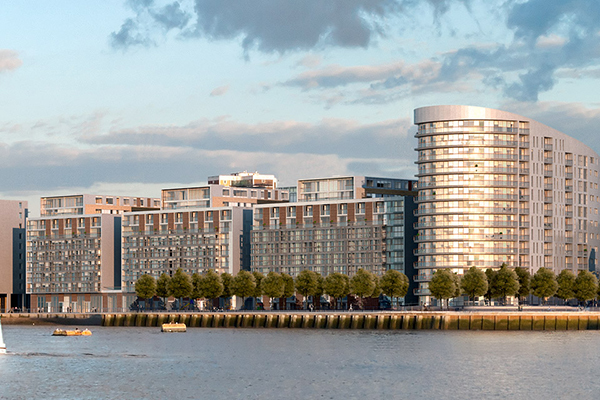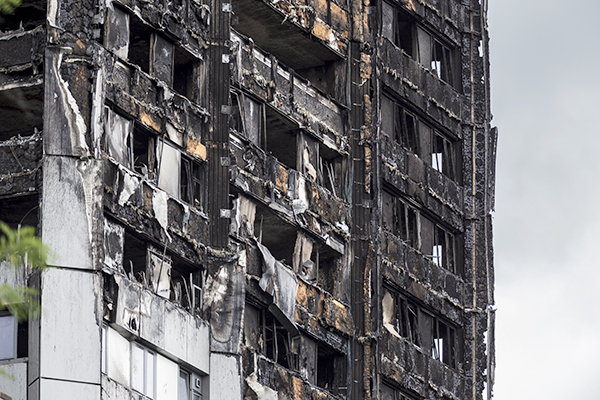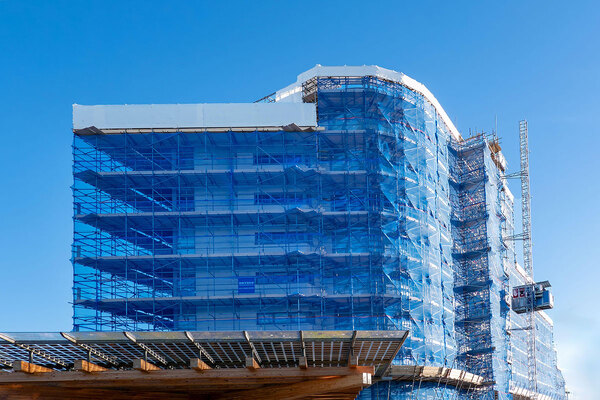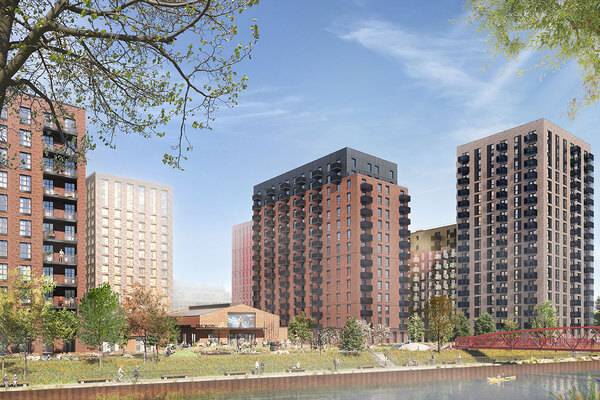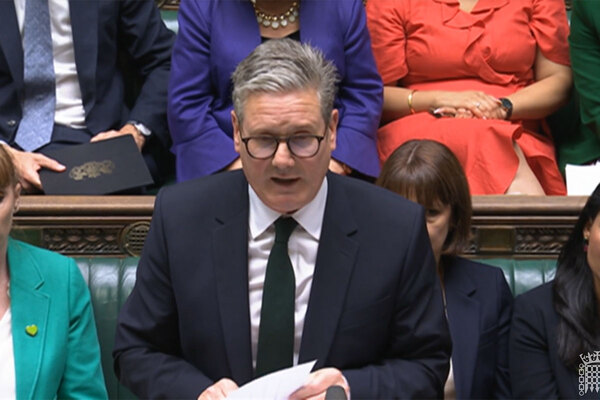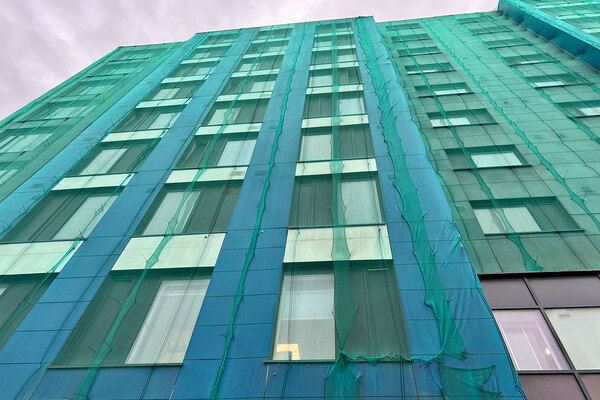Number of tower blocks with flammable cladding ‘more than double official figure’, RICS warns
The number of tower blocks with combustible cladding could be more than double the official figure, an expert from the Royal Institution of Chartered Surveyors (RICS) has warned.
Speaking at the Royal Institute of British Architects’ fire safety conference Gary Strong, director of practice standards and technical guidance at RICS, said there are many private block owners who have not disclosed aluminium cladding similar to that used on Grenfell.
He said he believed this was due to concerns over share prices and valuations.
Mr Strong said: “We know now that there are huge valuation issues in tower blocks… Certainly some of the experience we’ve had coming back from some of the banks and our valuers who’ve been looking at these is that they’ve been hugely downgraded because of the blight factor…
“Out of the 323 buildings which were in the latest MHCLG report that have ACM cladding we know that in reality it’s more like double that. In the private sector, some of those have not been properly disclosed yet, with very good reason, because it will affect their share prices.”
He added: “But valuation is a huge issue and banks are not lending. We’ve had meetings with the Treasury, with UK Finance, but also foreign investors…There’s a lot of interest in the UK, a lot of people who I meet are interested in what happened at Grenfell and what we’re doing about it. We need to address the uncertainties in the market, we need to come together as professionals to try and make sure that we learn from other countries like the United States and Canada.”
In the government’s latest figures on the number of buildings over 18 metres with ACM cladding, 138 of the 323 buildings were privately owned residential buildings including hotels and student accommodation.
Leaseholders in a number of privately owned tower blocks where the cladding has failed the government’s fire safety tests have already found the value of their flats has dramatically dropped as a result.
At New Capital Quay, in south east London, leaseholders have seen the value of their homes slashed by up to 90% and it is believed some who bought their homes with Help to Buy loans have repaid them at a fraction of their original value, leaving the government out of pocket.


